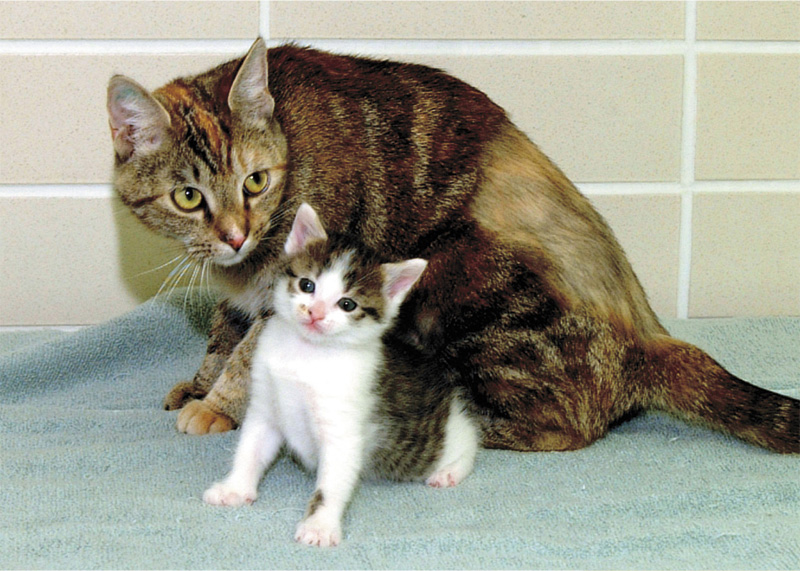Robbo8916
Field Bee
- Joined
- Aug 9, 2012
- Messages
- 521
- Reaction score
- 0
- Location
- Tyldesley, Gtr Manchester
- Hive Type
- National
- Number of Hives
- 2
Hello,
My bees are generally fairly light in colour. I lost my queen and have raised and got mated two new queens who are now both laying well in their separate colonies.
I just wondered what the reason could be for such a massive colour difference between them?
The 'main hive' queen is a beautiful golden colour, much like her mother was. However the nuc queen is almost black in comparison. Is it purely luck of the draw or does one have more or less of a certain strain do you think?
Pics attached
My bees are generally fairly light in colour. I lost my queen and have raised and got mated two new queens who are now both laying well in their separate colonies.
I just wondered what the reason could be for such a massive colour difference between them?
The 'main hive' queen is a beautiful golden colour, much like her mother was. However the nuc queen is almost black in comparison. Is it purely luck of the draw or does one have more or less of a certain strain do you think?
Pics attached








